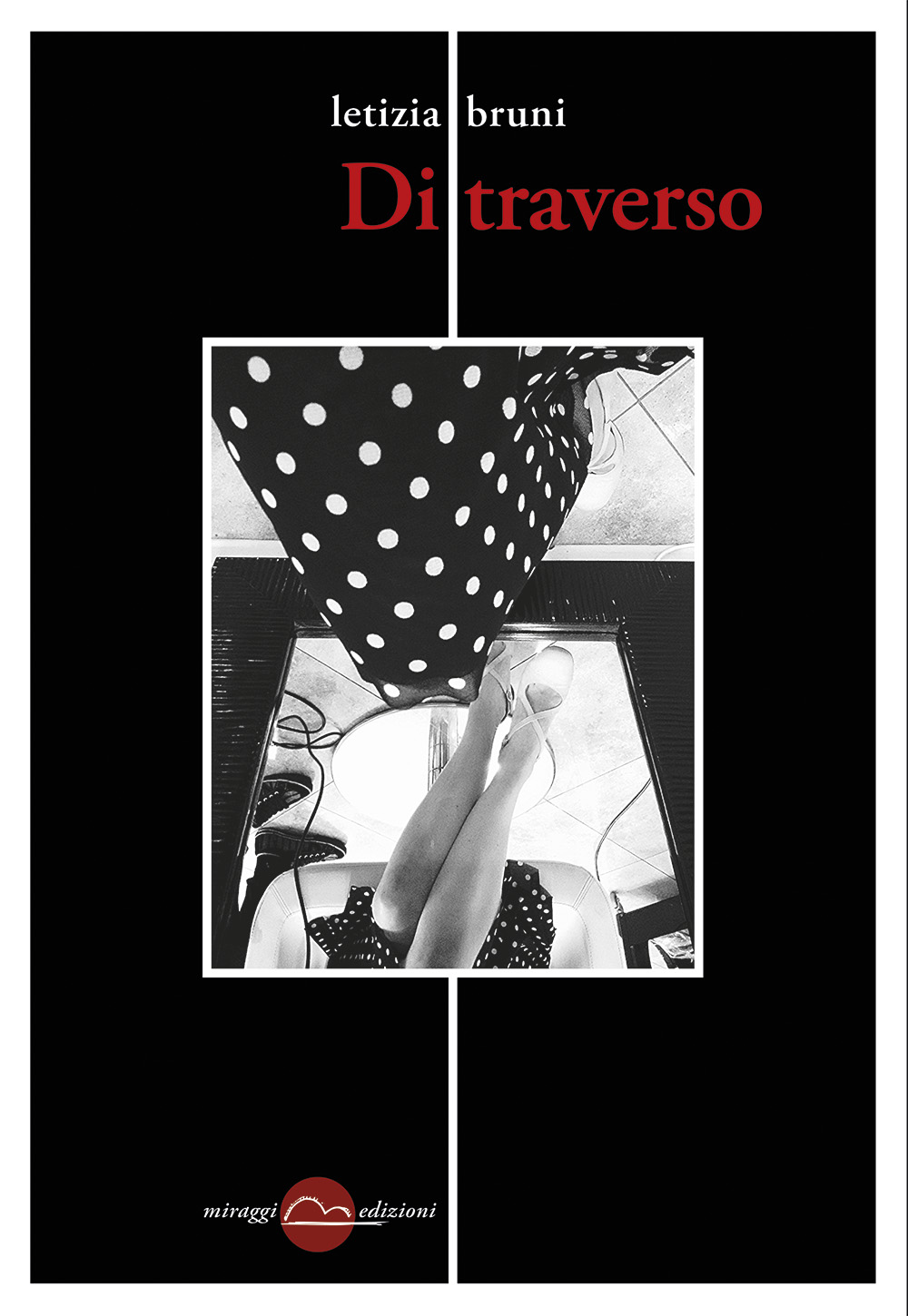

Install language packages for offline translation on mobile devices and download PROMT AGENT, a plugin for pop-up translation in any Windows app, with a PREMIUM subscription.
#Guardare di traverso free#
Translate anywhere and anytime using the free PROMT mobile translator for iOS and Android. We have collected millions of examples of translation in different languages to help you learn languages and do your homework. Search for examples of words and phrases in different Contexts. Guarda il profilo completo su LinkedIn e scopri i collegamenti di Luigi e le offerte di lavoro presso aziende simili. Luigi ha indicato 8 esperienze lavorative sul suo profilo. PROMT dictionaries for English, German, French, Russian, Spanish, Italian, and Portuguese contain millions of words and phrases as well as contemporary colloquial vocabulary, monitored and updated by our linguists.Ĭonjugate English verbs, German verbs, Spanish verbs, French verbs, Portuguese verbs, Italian verbs, Russian verbs in all forms and tenses, and decline nouns and adjectives Conjugation and Declension. Visualizza il profilo di Luigi Traverso su LinkedIn, la più grande comunità professionale al mondo.

Look up translations for words and idioms in the online dictionary, and listen to how words are being pronounced by native speakers. Enjoy accurate, natural-sounding translations powered by PROMT Neural Machine Translation (NMT) technology, already used by many big companies and institutions companies and institutions worldwide. PROMT.One () is a free online translator and dictionary in 20+ languages. Pronoun usage varies by region.Discover the possibilities of PROMT neural machine translation These forms are generated automatically and may not actually be used. ( Rumantsch Grischun, Sursilvan, Sutsilvan, Surmiran ) aria.Compare German leer.įrom Latin aēr, with the initial 'l' added from a preceding definite article. Pennsylvania German Etymology įrom Middle High German lǣre, from Old High German lāri. “ leer” in Digitales Wörterbuch der deutschen Sprache.( colloquial ) first-person singular present of leeren.A side (in a conflict) Ta on vastaste leeris He's on the enemies' side.first-person singular present indicative of lerenįrom Middle Low German leger, lager.

See the etymology of the corresponding lemma form. ( dialectal, dated ) Alternative form of ladder.A field of learning set of lessons and theory on a subject within a discipline.įrom Middle Dutch leer, contraction of ledere.

Leer f ( plural leren, diminutive leertje n) Leer ( present leer, present participle lerende, past participle geleer)įrom Dutch leer, from Middle Dutch lêre, from Old Dutch lēra, from Proto-Germanic *laizō.įrom Dutch leer, from older leder, from Middle Dutch lēder, from Old Dutch *lether, from Proto-Germanic *leþrą.įrom Dutch leer (dialectal synonym of ladder), from Middle Dutch leer.Ĭontraction of leder, from Middle Dutch leder, from Old Dutch *lether, from Proto-Germanic *leþrą.įrom Middle Dutch lêre, from Old Dutch lēra, from Proto-Germanic *laizō. Leer ( third-person singular simple present leers, present participle leering, simple past and past participle leered)Īfrikaans Pronunciation įrom Dutch leren, from Middle Dutch lêren, from Old Dutch lēren, from Proto-Germanic *laizijaną. Related to Old English lār ( “ lore, learning, science, art of teaching, preaching, doctrine, study, precept, exhortation, advice, instigation, history, story, cunning ” ). Cognate with Dutch leren ( “ to teach ” ), German lehren ( “ to teach ” ), Swedish lära ( “ to teach ” ). More at list, listen.įrom Middle English leren, from Old English lǣran ( “ to teach, instruct, guide, enjoin, advise, persuade, urge, preach, hand down ” ), from Proto-Germanic *laizijaną ( “ to teach ” ), from Proto-Indo-European *leis- ( “ track, footprint, furrow, trace ” ). Related to Old English hlyst ( “ sense of hearing, listening ” ) and hlysnan ( “ to listen ” ). Cognate with Scots lire, lere ( “ face, appearance, complexion ” ), Dutch lier ( “ cheek ” ), Swedish lyra ( “ pout ” ), Norwegian lia ( “ hillside ” ), Icelandic hlýr ( “ the face, cheek, countenance ” ).


 0 kommentar(er)
0 kommentar(er)
